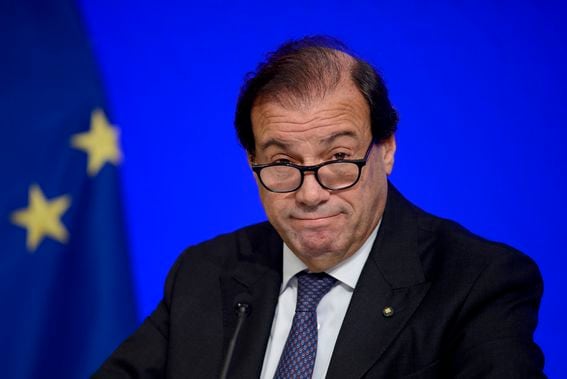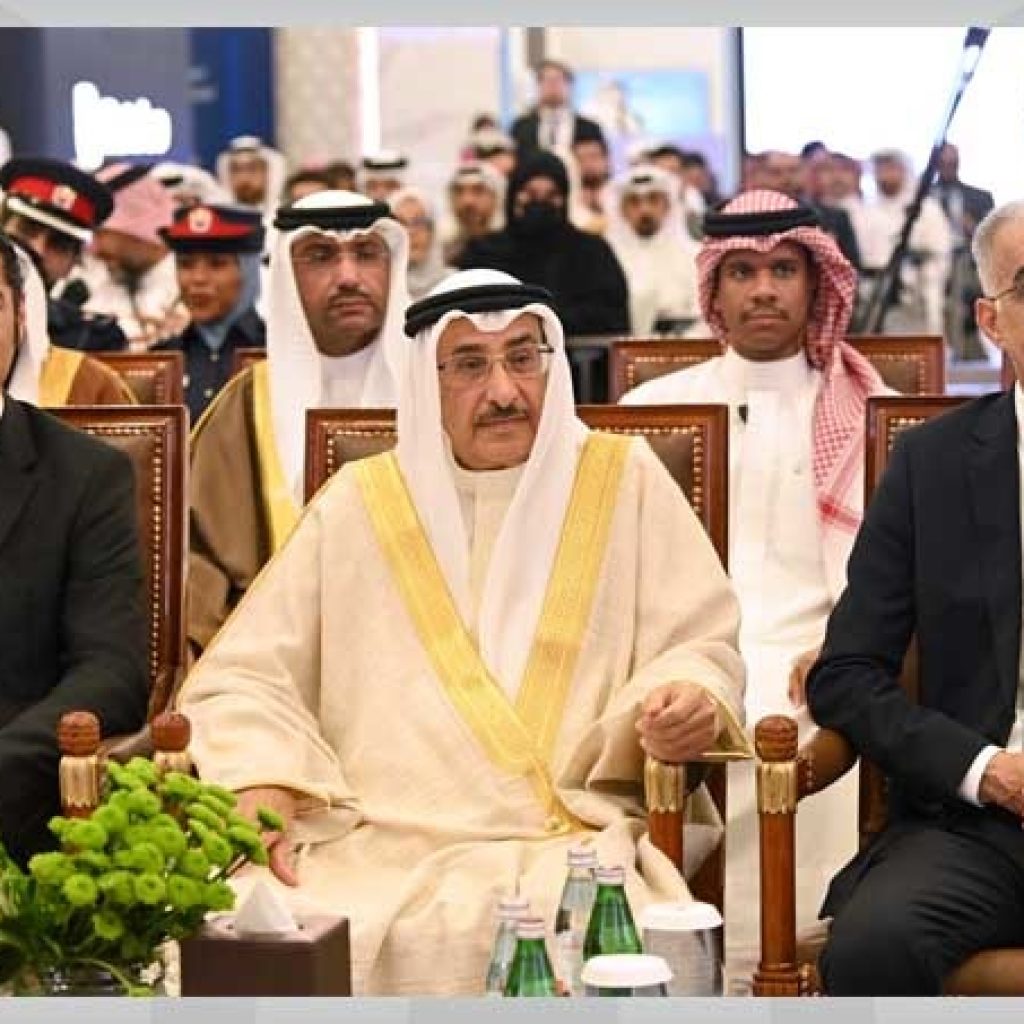South African presidential elections are nearer, a unique topic that has not been seen in the political arena before has crept into the picture, and satire and fake news are undoubtedly perplexing. The collaboration of CAUCA with SANEF, which is a South African National Editors Forum, and MMA, which is an organization that has competence in media monitoring on the other hand has detected the use of AI-polarized news as a presupposing risk that might be so influential to the course of the imminent elections.
AI revolution alters the election landscape in South Africa
This digital trend signals a significant shift in the country’s electoral process: in due time, this parameter will turn out to be the most vital field where the most effective fight against the onslaught of fake news and falsehoods will occur, the universal citizen’s right to access verified information will be at stake.
Media makes media a slave. This has been made possible by the instantaneous transformation of news into the up-to-date news that the common people used to believe in before being introduced to the concept of media.
Apart from a viral video that was showcased by @DZumaSambudla, an account of Duduzile Zuma-Sambudla, who is also a contestant for MK party and a daughter of the exiting president Jacob Zuma in which she imitated Trump’s voice and went ahead to elaborate the objectives of this party.
Even that has a similar interaction with the audience, as they can be shocked to engage in the fabrication of their deep fakes, which will propagate the issue of having this kind of content in any electoral campaign.
The role of AI in crafting political narratives
Planting bogus images in this setting was done to frame the scenes and show them as a way of changing society. To illustrate that,” BlackPride,” a Twitter account, could also imprecise the party’s popularity by circulating a photo that had been edited and portrayed the woman having been photographed wearing an MK-social party’s branded T-shirt pushed people.
For instance, Ela (ELA) has presented the ways of modification that exposed the fraud, exhibiting disjointed parts with compression levels that demonstrate the unrealistic nature of the image.
This is because AI enables effective and malicious content fabrication that poses a fundamental risk to democratic principles.
The ability of such technology to substantiate and refute information is immense, and, therefore, the shadow of integrity will fall over the electorate’s power to distinguish between the truth and the fabrication.
The Regulatory Conundrum
The South African Independent Electoral Commission (IEC) faces a situation that requires a higher level of thinking to combat the teeming of digital invaders. Approval of the electoral rulebook prohibits the distribution of disinformation regarding individual candidates and political parties.
However, tactical tricks have been exploited while this technique is applied broadly. Public authorities have implemented these rules with such grace by using generated materials and, by doing that, creating content that persuades voters without directly contradicting the election commission.
The moment arises to reassess the existing models capable of coping with the disruptions caused by technological digitalization. Therefore, the expansion of AI content suggests the need for stricter monitoring by election-monitoring bodies and regulatory agencies.
They are obliged to continuously refine their ways of dealing with false information proliferation, and if there are eventualities, they strive to ensure a clean and transparent voting process.





